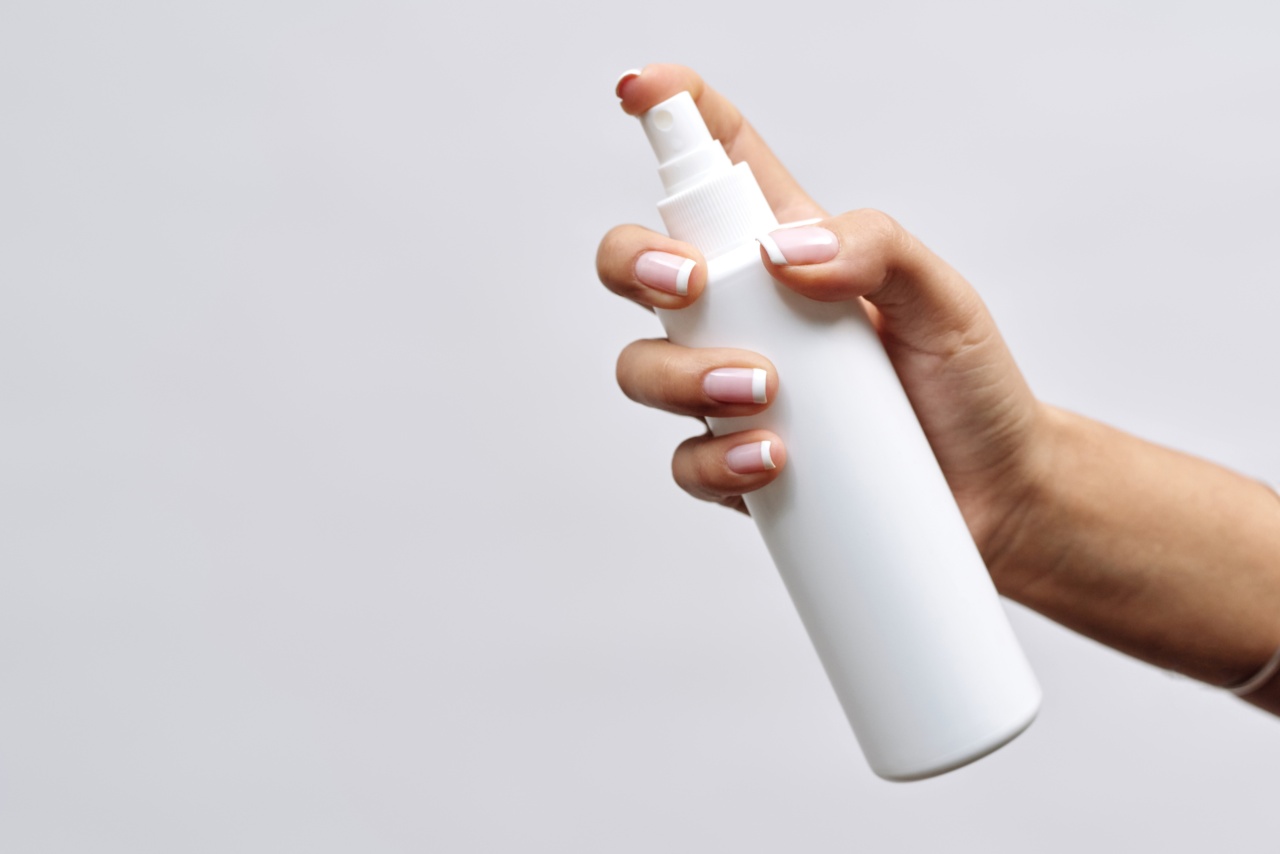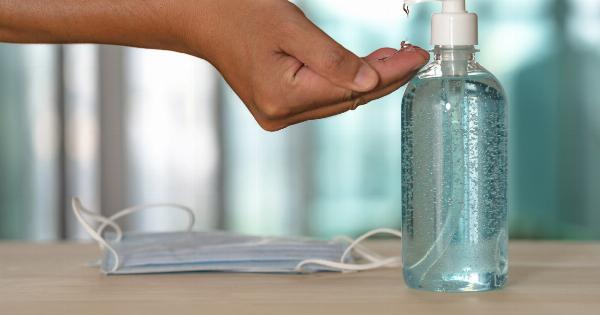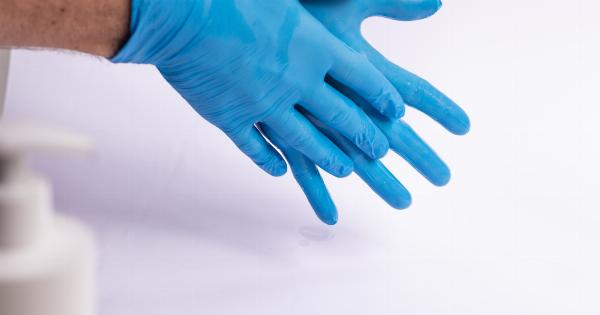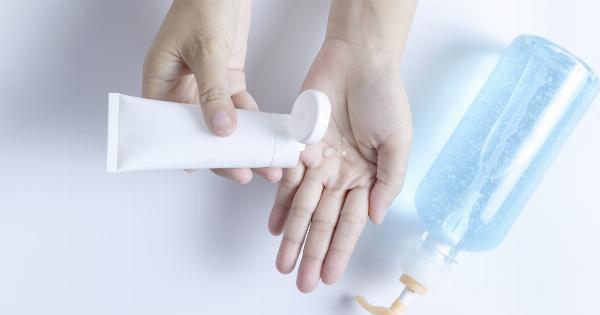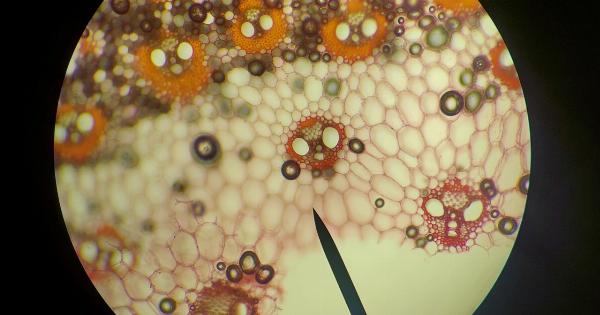Hand hygiene is an essential aspect of preventing the spread of infectious diseases. Washing hands with soap and water remains the gold standard for hand hygiene; however, there are situations where access to soap and water is not possible.
In such cases, the use of hand sanitizers has become increasingly popular.
What is Hand Sanitizer?
Hand sanitizers are alcohol-based products that help reduce the number of harmful microorganisms on your hands.
They come in different forms – gel, foam, or liquid, and are available in various sizes, from small travel-sized bottles to large dispensers.
How Hand Sanitizers Work
Hand sanitizers contain a high concentration of alcohol, typically 60-95%, which is highly effective in killing germs on the skin’s surface. The alcohol disrupts the cell membranes of the microbes, causing them to break down and die.
When to Use Hand Sanitizer
Hand sanitizer should be used when soap and water are not readily available. It can be used before and after eating, after using the restroom, after touching an animal, after blowing your nose, coughing or sneezing, and after being in a public place.
Choosing the Right Hand Sanitizer
When selecting a hand sanitizer, it is essential to choose the right type of hand sanitizer based on the alcohol content, the formulation, and the scent.
Alcohol Content
The alcohol content of a hand sanitizer determines its effectiveness. The CDC recommends using a hand sanitizer with at least 60% alcohol for maximum effectiveness.
Formulation
The formulation of the hand sanitizer affects its efficacy. Hand sanitizers that contain moisturizers such as aloe vera are gentler on the skin and less drying.
However, formulations that contain higher concentrations of alcohol can be harsher on the skin.
Scent
Hand sanitizers come in different scents, and while some people enjoy scented products, some may find the scent to be overwhelming. It is essential to choose a hand sanitizer that is fragrance-free or has a mild scent.
Hand Sanitizer Vs. Soap and Water
Though hand sanitizers are useful, it is essential to remember that they are not a substitute for soap and water. Washing hands with soap and water for at least 20 seconds is still the most effective way to remove harmful substances from your hands.
Benefits of Hand Sanitizer
The benefits of using hand sanitizer are numerous. They include:.
Prevents the Spread of Diseases
Hand sanitizer helps kill germs and prevents the spread of diseases. This is especially important in situations where access to soap and water is not possible or where there is a high risk of contamination.
Convenient
Hand sanitizers are incredibly convenient. They are small and portable and can be carried in a purse or bag. This means that they can be used anytime, anywhere.
Clean and Fresh
The use of hand sanitizer leaves your hands feeling clean and fresh. It also helps eliminate bad odors that may be present on your hands.
Disadvantages of Hand Sanitizer
While there are several benefits of using hand sanitizer, there are also some disadvantages. They include:.
Dries Out the Skin
The alcohol in hand sanitizer can dry out the skin, especially with frequent use. This could lead to cracked and irritated skin.
Not Effective on Dirty Hands
Hand sanitizer is not effective on dirty hands. It is important to remove any dirt or debris on your hands before using hand sanitizer.
Conclusion
Hand sanitizer is a useful tool for preventing the spread of infectious diseases, especially in situations where accessing soap and water is not possible.
When choosing a hand sanitizer, it is important to consider the alcohol content, formulation, and scent. While it is not a substitute for soap and water, it is still an effective way to reduce the number of harmful microorganisms on your hands.
